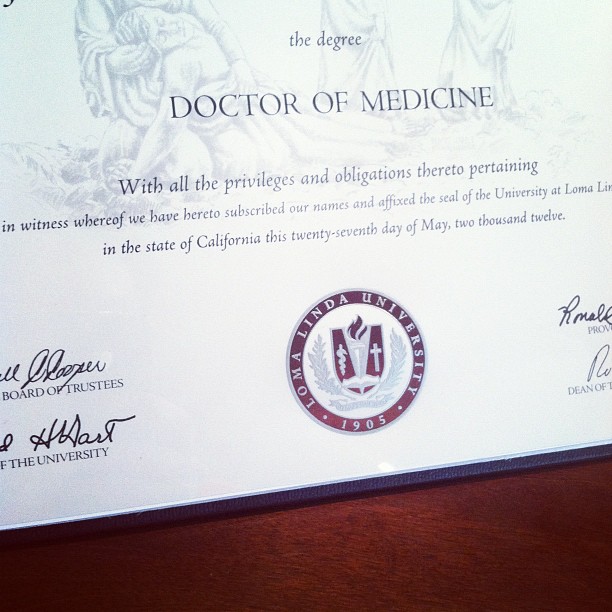I’m not talking about the aging of my patients.
I’m talking about my own aging.
I looked at the medical students rounding with me last week and realized that these “kids” have only ever known an Electronic Medical Record.
I recalled to them my experience as a medical student when I would handwrite orders for the team on triplicate forms and then turn the orders in to the unit secretary to be faxed off to the pharmacy and/or distributed to the nurses.
Their faces clearly showed their shock and disbelief.
The idea was totally foreign.
I think I felt an ache in my back at that moment.





